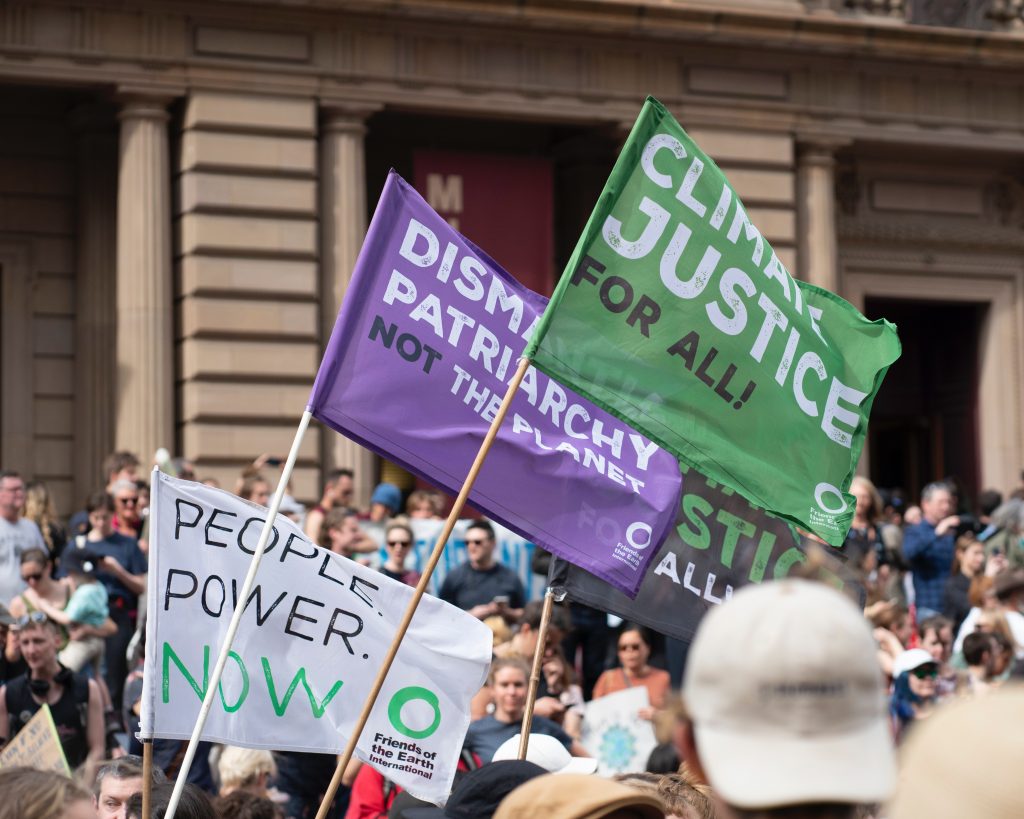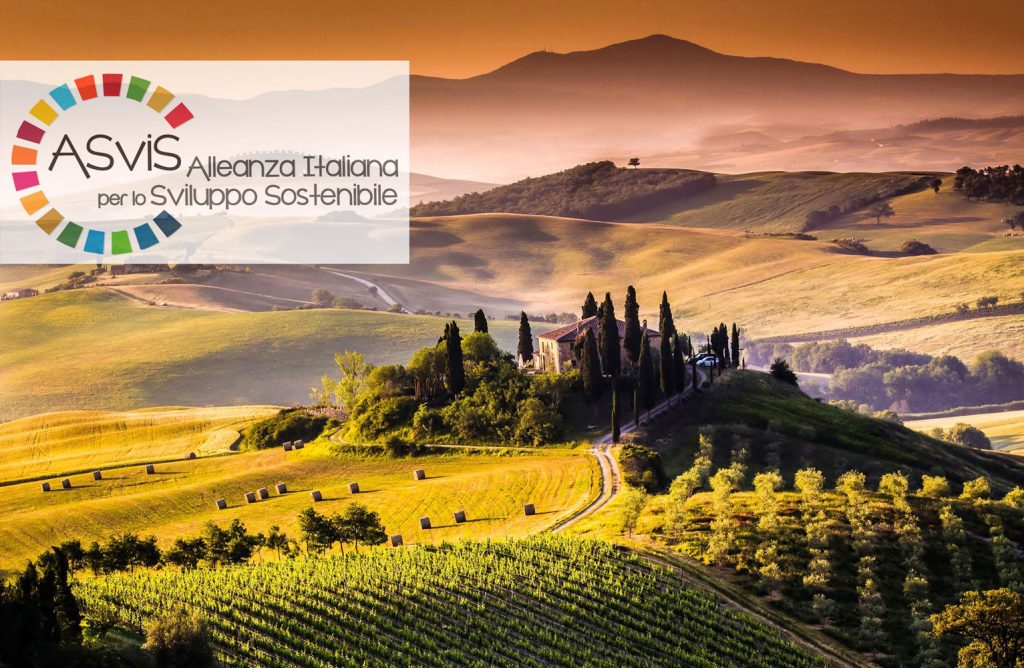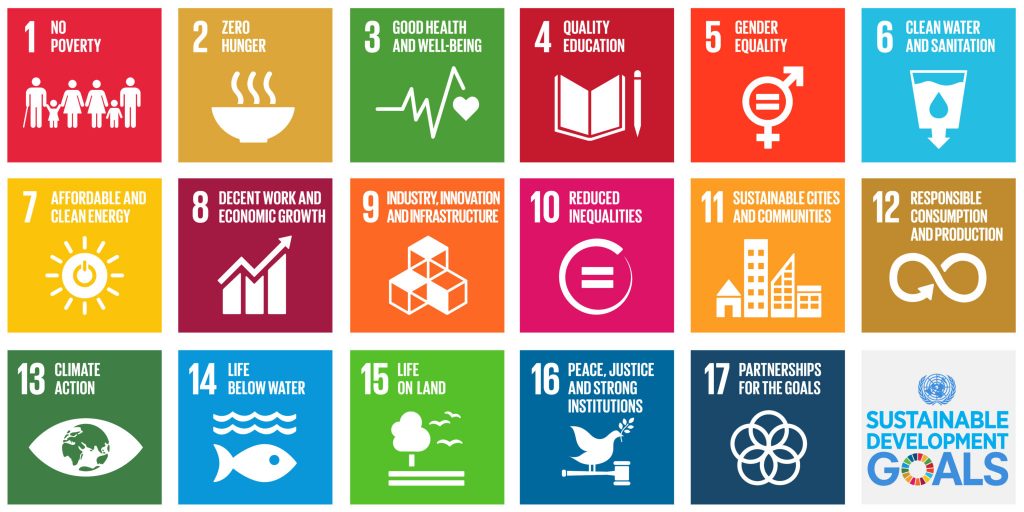According to the annual Report presented at the end of September by ASviS (The Italian Alliance for Sustainable Development), Italy is lagging behind on the roadmap to achieve the goals set by the 2030 Agenda for Sustainable Development. But first things first.

What is the 2030 Agenda for Sustainable Development?
The 2030 Agenda for Sustainable Development is a plan of action for people, planet and prosperity, seeking to lay the foundations for everyone to live in an environmentally, socially and economically sustainable world.
To quote the 1987 Brundtland Report, to which we owe the definition:
Sustainable development is development that meets the needs of the present without compromising the ability of future generations to meet their own needs.
In 2015, the 193 member states of the United Nations approved the Agenda, encompassing the 17 Sustainable Development Goals further broken down into 169 targets, to be met by 2030. Global goals aim to end inequality, combat climate change and build peaceful societies with respect for human rights.
Through the monitoring of goals, targets and more than 240 indicators, each country is regularly assessed by the UN.
The importance of this programme also lies in the fact that, for the first time, it acknowledges sustainability not only as an environmental but also as a social and economic issue, thus endorsing a comprehensive view of the different dimensions of development.

What is the role of ASviS?
ASviS, the Italian Alliance for Sustainable Development, was born on 3 February 2016. It seeks to raise awareness of the importance of the 2030 Agenda for Sustainable Development among Italian society, economic actors and institutions, and to mobilise them to achieve the goals.
Besides providing information and advancing its work, ASviS also has the role of monitoring, through analytical tools, Italy’s progress in achieving the 2030 targets.
The ASviS Report, which is issued annually, is the Alliance’s main publication. It provides both updates on the international community’s commitment and on the national context. It covers two levels: an analysis of Italy’s progress and an organic framework of policy recommendations to be adopted.

2021 ASviS REPORT
According to the Alliance’s report, presented in Rome at the beginning of the Sustainable Development Festival, Italy is lagging behind schedule, but not only: some goals seem to be getting out of reach, even more so than last year.
Indeed, Italy’s outlook for 2020 is generally worse than in 2019.
In particular, the situation has improved in three areas (energy, climate change, peace and justice), remained stable in three others (hunger, water, innovation) but deteriorated across nine goals (poverty, health, education, gender equality, employment, inequalities, cities, terrestrial biodiversity, cooperation). For the remaining 2 (responsible production and consumption and marine biodiversity), trends could not be measured.
What does this information mean for the future?
The report states that “On the basis of current trends, out of 32 quantitative targets […], Italy may only be able to meet or come close to seven, including: organic crops, energy consumption and waste recycling rate. Negative or very negative trends are reported on 15 quantitative targets, including: poverty or social exclusion, gender equality in employment, greenhouse gas emissions, air quality”.
The choices we make today can ensure a sustainable future for our societies, but, unfortunately, time is running out.

What does the ASviS report recommend to reverse the trend?
Several of the Alliance’s recommendations are cross-cutting: the need to think of the different goals as parts of a whole is becoming increasingly clear. One example is the recommendation to include the Principle of Sustainable Development in the Constitution, based on the Principle of Intergenerational Justice.
Holding the Council Presidency accountable for overseeing the overall implementation of the 2030 Agenda also goes in the same direction.
In addition to these cross-cutting recommendations, the Report sets out a number of suggested actions for each of the 17 Sustainable Development Goals, which are aimed at achieving the individual targets. Such measures are complementary and an integrated approach should be taken in their implementation, as shown for EU policies. Only then will the country make real progress towards the 2030 Agenda.
To learn more about sustainability, please, visit our article on renewable energies.





